|
It is not often that you find a comprehensive document that is FREE and USEFUL!
For years the Universal Accreditation Board has put together PR Gold - the APR Study Guide. Please take the time to download this fantastic study guide and resource. This guide, now in its 5th edition, presents some Graduate-level Communications and Public Relations curriculum as if you were in a Masters-level course. Download the APR Study Guide. This concise, yet exhaustive guide prepares you for the APR Questionnaire, Panel Presentation and Examination. There are six groupings of knowledge, skills and abilities (KSAs). Below is a grouping of topics or KSAs: • Researching, Planning, Implementing and Evaluating Programs • Leading the Public Relations Function • Managing Relationships • Applying Ethics and Law • Managing Issues and Crisis Communications • Understanding Communication Models, Theories and History of the Profession This guide will certainly help your PR career and understanding. While your reading through the guide and highlighting / taking notes, you might as well pursue the APR!
0 Comments
Interested in becoming an APR?
Today, Jan. 21 at 1 p.m. MST you can attend the #APRPREP Online Open House to learn about the Spring Online Cohort. Link: https://online2learn.net/APR/launch/ Click here to Learn more about the Online APRPREP Course Earning my APR helped me better understand how public relations professionals can be (and need to be) strategic leaders at organizations by using strong research, planning, implantation and evaluation, and it gave me the practical tools and training to be a more effective PR leader.
I highly recommend the APRPREP Online Study Course as it prepared me thoroughly for both the Panel Presentation and the exam itself, and I’m grateful for APR mentors who helped me throughout the process. If you’re looking to earn your APR, you’ll find plenty of support in the Pikes Peak PRSA chapter! Andrew Montgomery, APR 2019 Pikes Peak PRSA President Note: this was written a few years back by our 2020 APR Chair.
I love PR. If you love PR, then you have to embrace continued learning. As a recently retired Army public affairs officer, I explored additional educational opportunities to accompany my mass communications undergraduate and graduate degrees. My more notable PAO experiences included The New York Times, the BBC, CNN, TIME and Newsweek. I worked alongside McCann Erickson and Weber Shandwick — but would this background translate well post-military? Civilian PR is somewhat different than military public affairs, as I discuss in my recent “PRSA Military Transition Success Story” blog, so a modified PR mindset was necessary. My family and I recently moved from the Seattle area to Colorado Springs, where I joined the Pikes Peak PRSA Chapter, currently serving as the president-elect. Once our APR chair mentioned Accreditation, I knew I found my next professional development goal — the APR. After formally signing up for the process, I took the APR workshop taught by our Accreditation Chair Fred Morgan, APR, Fellow PRSA. This workshop was very helpful in understanding what to expect, reinforcing my formal education and learning different PR approaches separate from my experiences and education in the military. I also downloaded the 3rd Edition of the “APR Study Guide,” which was recently updated for the Examination for Accreditation in Public Relations. I started on my Readiness Review questionnaire, a lengthy yet rewarding process, as I thoroughly considered my PR career and philosophy. For my project plan, I used my Army I Corps website design and build that infused seven social media feeds to provide real-time information to several publics, to include the Pacific Northwest and Asia-Pacific regions. One lesson learned was to use a baseline analysis and survey, which I did not fully possess at the time due to time and resource constraints. Looking back, I would have created a project plan that followed the RPIE method. Yes, I had statistics; however, my objectives and analysis were not as exhaustive as needed for the Readiness Review panel. Another lesson learned was to ensure the panel fully understood the total embodiment of my experience, understanding and previous civilian and military education. Once I was able to connect the knowledge, skills and abilities (KSAs) to my PR journey, the panel felt like I was ready to proceed with the Examination. I closely read and connected the KSAs to the study guide or recommended texts. The two texts that I recommend are Cutlip and Center’s “Effective Public Relations,” and “Public Relations Strategies and Tactics,” by Wilcox and Cameron. These texts provided insightful case studies and a broader understanding of PR. I spent most of my time reading the study guide, making detailed written notes in the margins with lists and key words. After being Advanced from the Readiness Review, I reached out to recent APRs who had taken the Examination recently to gain an understanding of what to look forward to when taking the Examination. Short scenario questions would have a “choose the best two out of five” answer format. I was terrified of this format, I admit. Several APRs that I had talked to said they did not know if they had passed or not. After almost four hyper-focused hours, I was not highly confident that I had passed, but I did. The key to my passing the APR Examination was a deep dive in the study guide with the two aforementioned texts as supportive reading. I conducted a brain dump of my former PAO and educational jargon and replaced it with specific information from KSAs. For definitions, I strictly stayed with the study guide as opposed to two different texts and authors. I did not use flashcards, but did create lists on several pieces of paper. Overall, I am very happy that I started and finished the APR journey. I do understand that there are many PR professionals who are doing just fine without an APR. Personally, I have a deep appreciation of learning, and PRSA as an organization. Accreditation builds on my academics and provides my team a strong level of confidence that I will most likely make the correct decisions — grounded in ethics, law, planning, media and community relations, while supporting our nonprofit’s communication goals and objectives with quantitative and qualitative analysis. So, was the APR yearlong journey worth it? Yes. Absolutely, yes. I frankly could not come up with a good reason why I should not pursue Accreditation. I truly learned a lot during the process. I appreciated being questioned on my PR acumen by seasoned professionals. And I respect the rigors of a time-tested examination on my understanding of the KSAs. I told a colleague that whether I passed or not, the process was worth the investment of time and effort. I feel very fortunate to join the APR family. I look forward to helping others achieve their APR. |
JP Arnold, aprThe Pikes Peak PRSA APR Accreditation in Public Relations Chair Archives
December 2020
Categories |

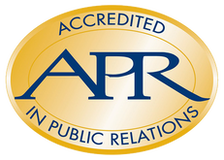
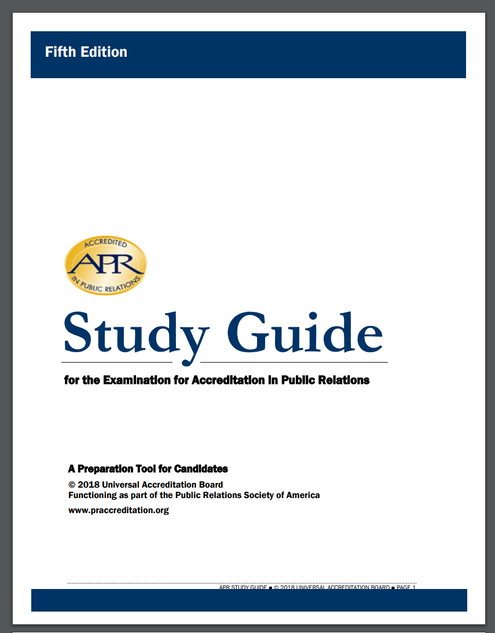
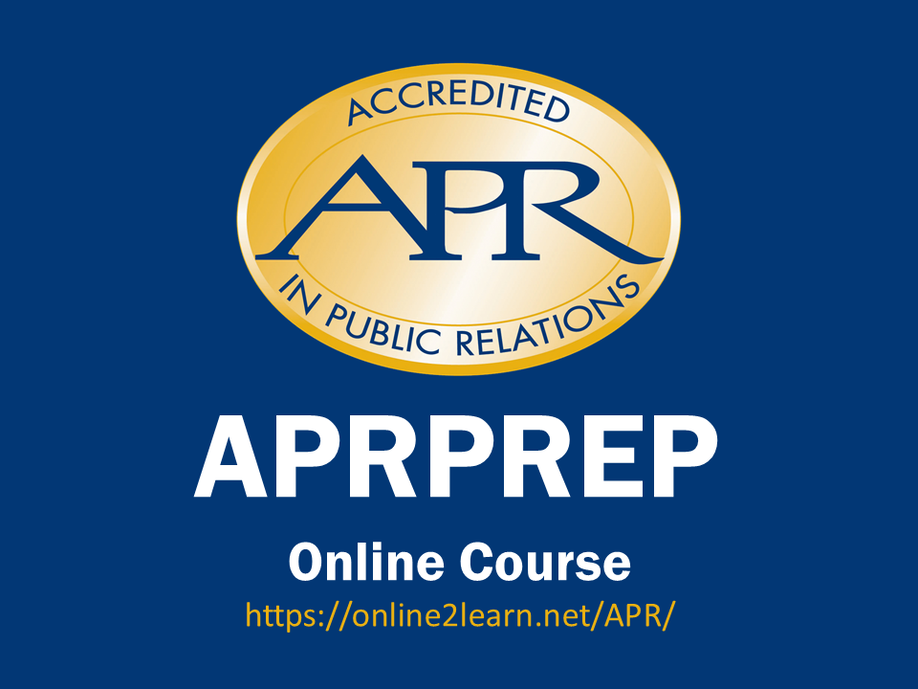
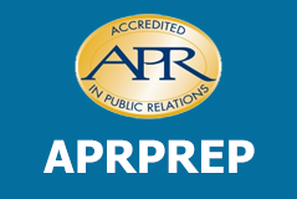
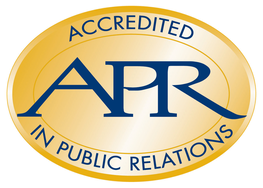
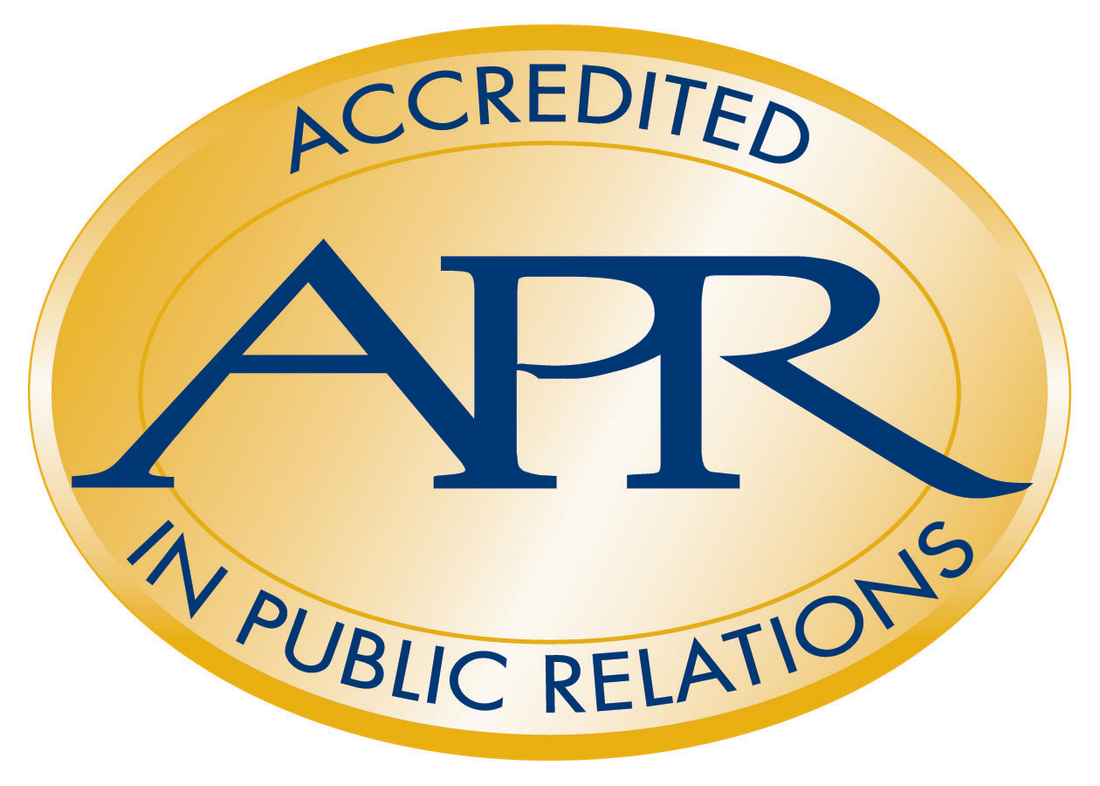
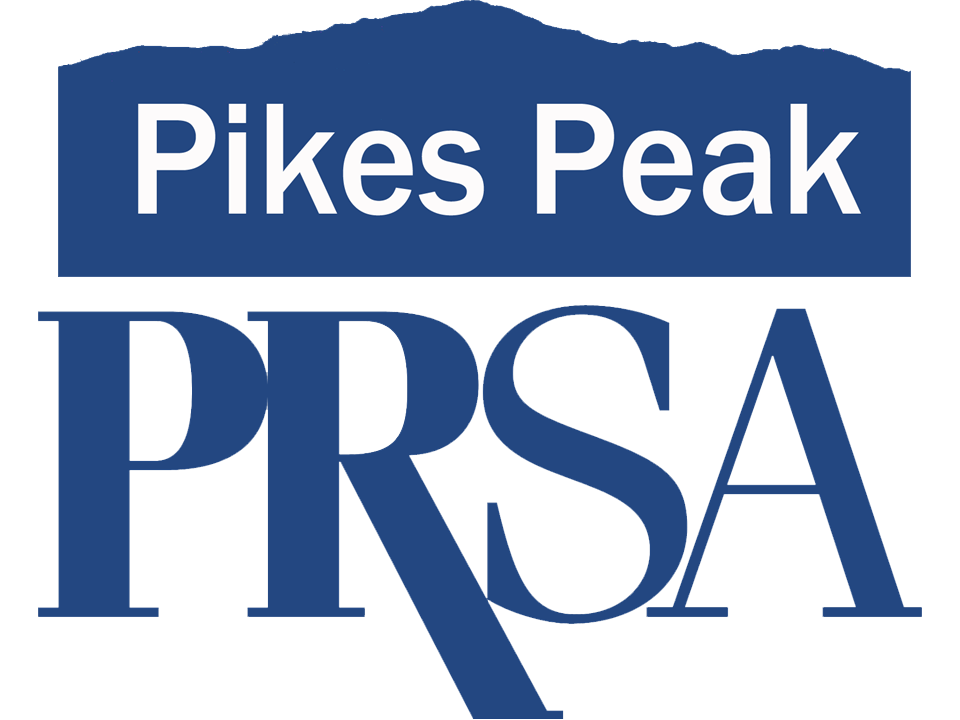
 RSS Feed
RSS Feed
